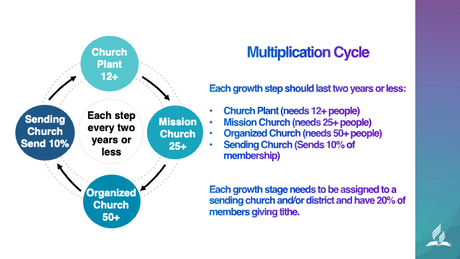In recent weeks, there have been reports of non-citizens with proper visas and even legal permanent residence — green cards — being detained at airports and border crossings upon returning to the U.S. after international travel.
They are held without cause or explanation, sometimes for several hours. In most cases, they are released and sent on their way. In other instances, some are taken to detention centers where they are held for days, also without cause or explanation. They are denied the opportunity to notify family, contact legal assistance or even return to their country of origin despite having proper documentation to enter the U.S.
With the current volatility at U.S. ports of entry, international travel for non-citizen employees and members is strongly discouraged, regardless of whether they are a legal permanent resident or a valid visa holder for entry into the U.S.
The recent actions by U.S. Customs and Border Protection officials at U.S. ports of entry appear to be arbitrary and capricious. Our employees and members should not put themselves — and their families — in a position that risks their freedom and possibly their U.S. immigration status.
For individuals who do decide to travel internationally, here are some tips:
- Make sure all documents are in order, have not expired and no renewal application is pending, such as an employer’s application to extend the employee’s visa status. The traveler should carry an employment verification letter from the employer stating their position, work location, length of employment, rate of pay and employer’s emergency contact information.
- Consider not entering the U.S. if the country of origin is on a proposed “red list” of travel ban countries, which includes Afghanistan, Bhutan, Cuba, Iran, Libya, North Korea, Somalia, Sudan, Syria, Venezuela and Yemen.
- Remember that U.S. Customs and Border Patrol officers have unfettered discretion to decide who enters and who does not, regardless of visa status, and to conduct electronic searches. They can require travelers to unlock cell phones, reveal laptop passwords or turn over their digital cameras, for example. U.S. citizens and permanent residents can refuse to answer questions, other than those establishing identity and status, and still enter the U.S. — although this could lead to delays or seizure of devices — but those with visas do not have the same rights. Some advocacy groups advise turning off phones and even wiping data from devices before passing through a port of entry.
- If a device is confiscated, request the name, badge number and agency of the officer, and ask for a receipt or call the agency to request one.
- Answer all questions honestly and politely. If needed, an interpreter can be requested. There ordinarily will be a transcript or official record of the questions and answers.
- If it appears that the traveler will be detained, they should text and notify a family member or friend, preferably someone local.
- Keep in mind that in the past, rejected travelers were often put on the next plane back to their country of origin. But more recently, some have been placed in detention for days or weeks.
If travel is necessary, understand the risks and take steps to be prepared. But in this unpredictable climate, deferred international travel is the best option at this point in time.








